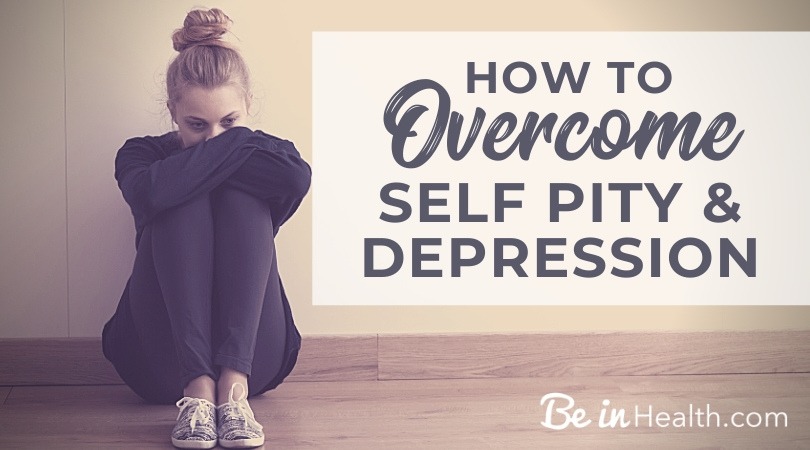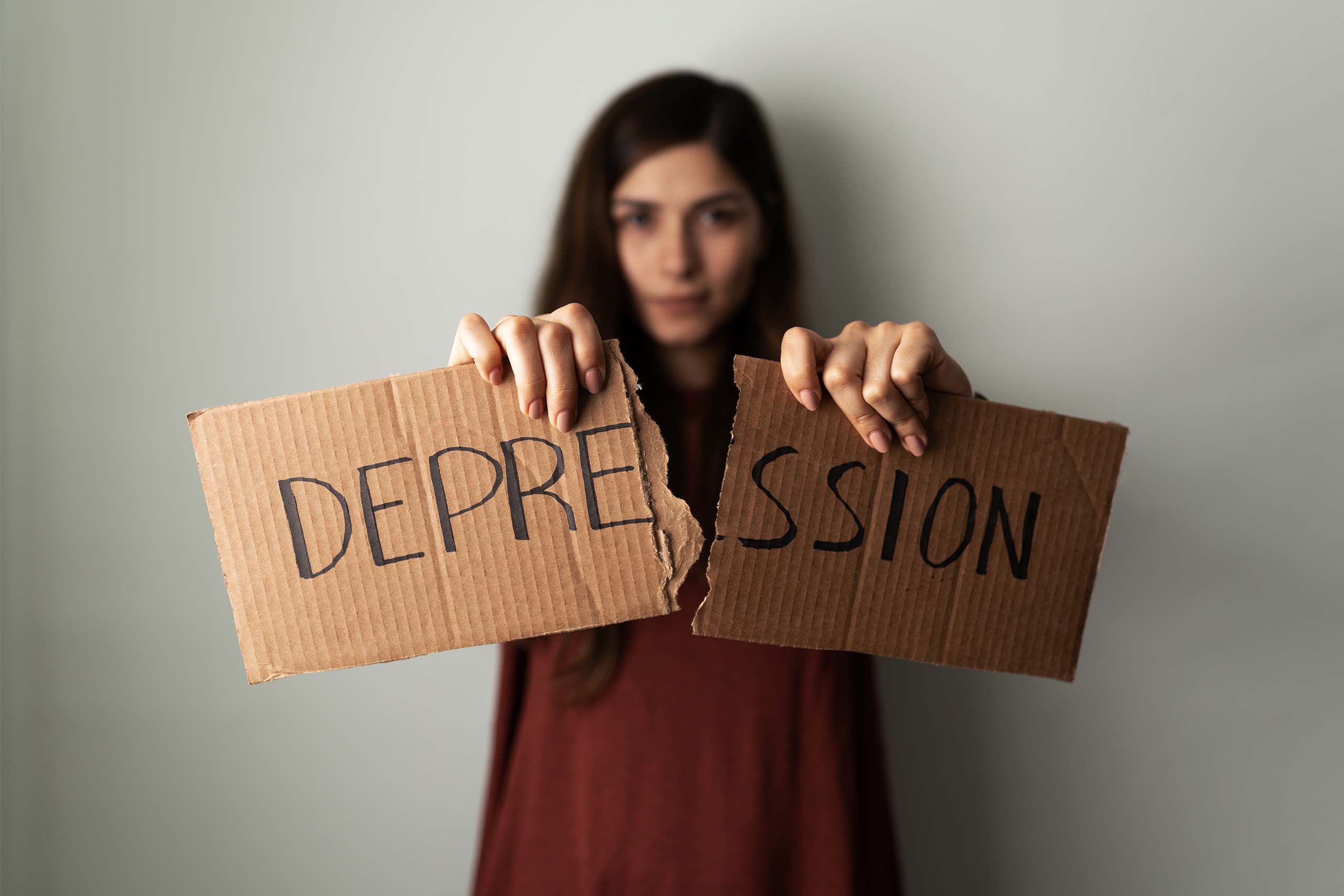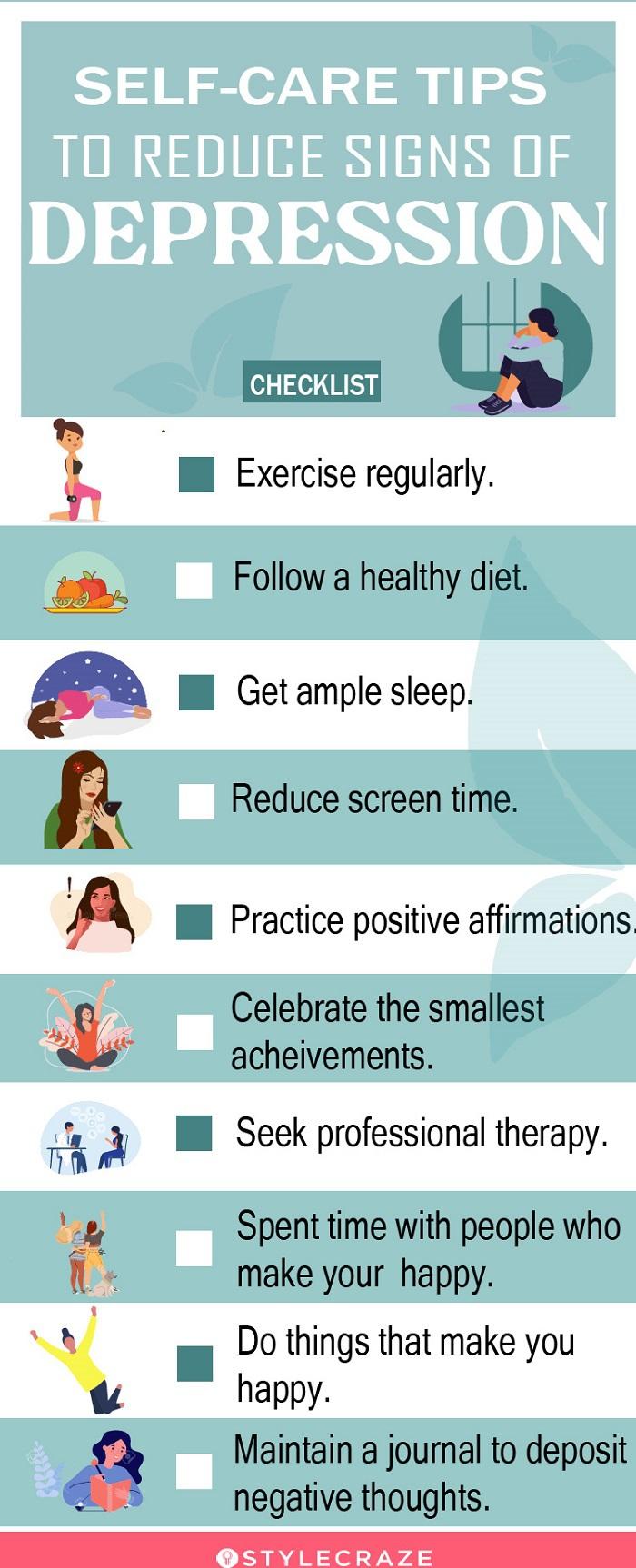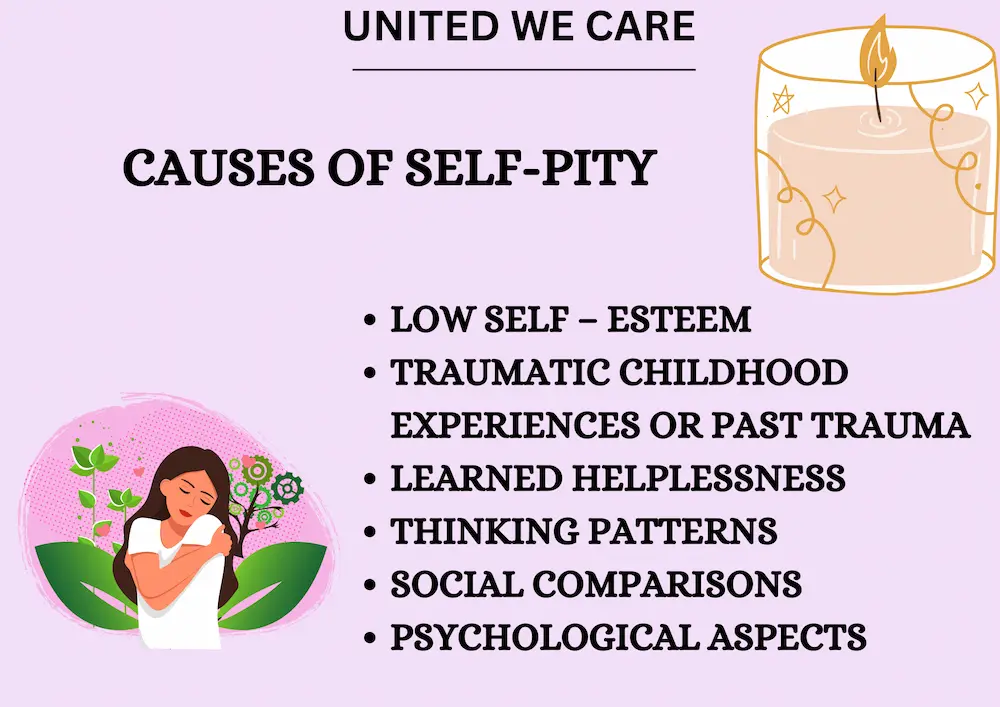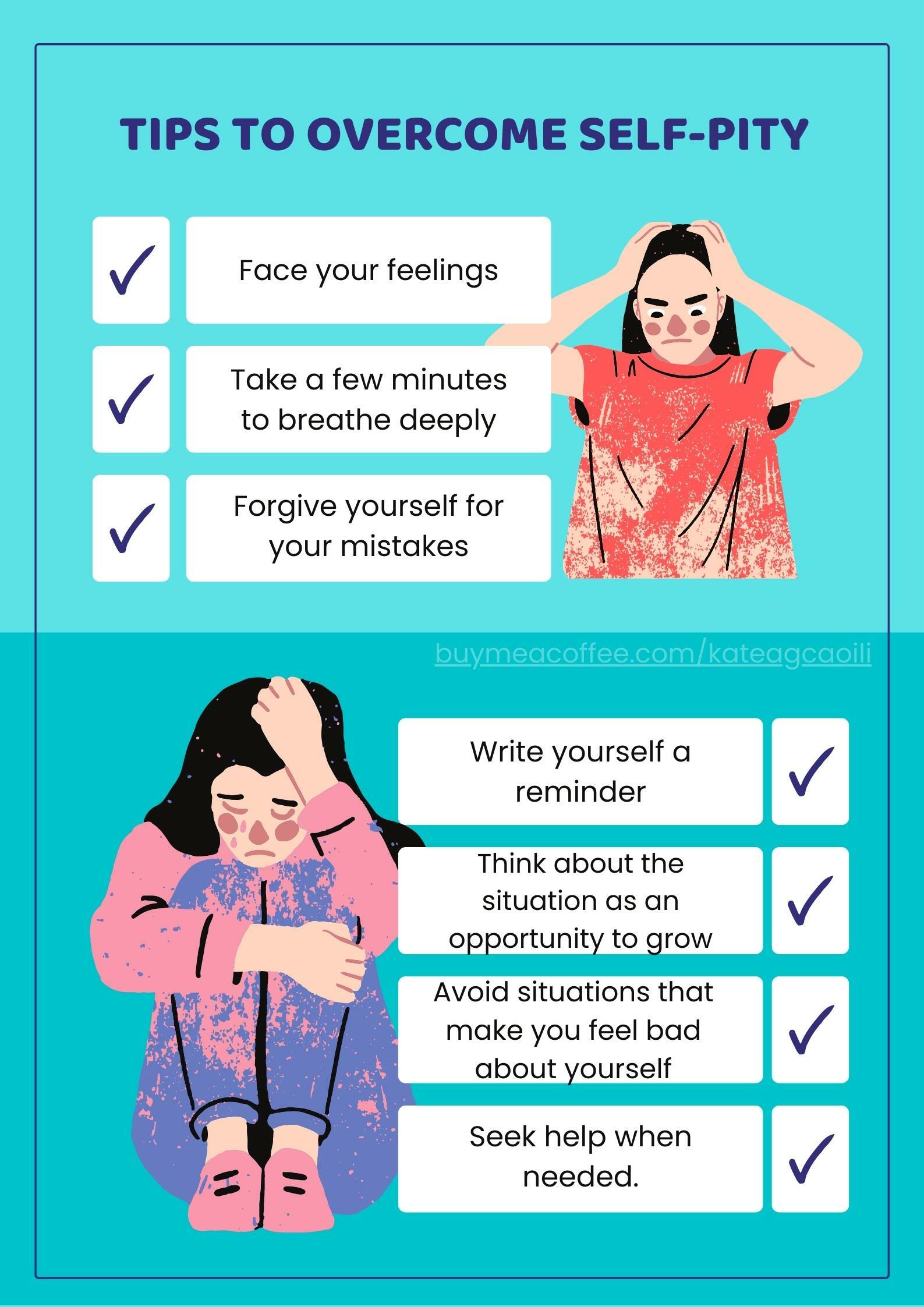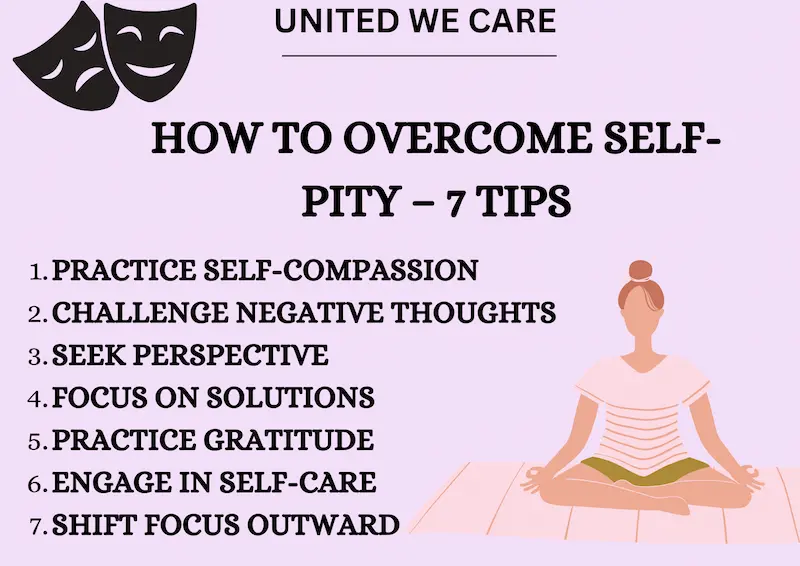How To Overcome Self Pity And Depression

Imagine waking up to the same gray sky, not just outside your window, but also inside your mind. The weight on your chest feels heavier than yesterday, and the familiar whispers of self-doubt and despair are deafening. This isn't just a bad day; it's a recurring cycle of self-pity and potentially, the beginnings of depression. But even in the deepest shadows, there's always a flicker of light – a path forward, waiting to be discovered.
This article offers practical strategies for breaking free from the grip of self-pity and addressing underlying depressive tendencies. It delves into understanding the root causes, fostering self-compassion, and taking actionable steps towards a brighter, more fulfilling life. These steps can help to reclaim your sense of purpose and find joy again.
Understanding the Roots
Self-pity often stems from a perceived sense of injustice or unfairness. We might feel like we've been dealt a bad hand, comparing our circumstances to others and finding ourselves lacking.
Sometimes it’s rooted in past traumas or unresolved grief. According to the American Psychological Association, childhood experiences and adverse life events can significantly increase vulnerability to depression and negative thought patterns.
Depression, on the other hand, is a more complex mental health condition. It involves persistent feelings of sadness, hopelessness, and a loss of interest in activities once enjoyed.
Recognizing the Difference
It's important to differentiate between experiencing moments of self-pity and suffering from clinical depression. Self-pity is often temporary and triggered by specific events, while depression is a more pervasive and long-lasting condition.
If feelings of sadness, hopelessness, or lack of motivation persist for more than two weeks, it’s crucial to seek professional help. A healthcare provider can assess the situation and recommend appropriate treatment options.
Cultivating Self-Compassion
One of the most powerful antidotes to self-pity is self-compassion. This involves treating yourself with the same kindness and understanding you would offer a friend in need.
Dr. Kristin Neff, a leading researcher in self-compassion, emphasizes three key components: self-kindness, common humanity, and mindfulness. These tools helps to recognize shared suffering.
Self-kindness involves replacing self-criticism with gentle understanding. Common humanity acknowledges that everyone experiences difficulties and imperfections, and mindfulness encourages us to observe our thoughts and feelings without judgment.
Taking Actionable Steps
Breaking free from self-pity and addressing depression requires proactive effort. Start by setting small, achievable goals, and celebrate each accomplishment, no matter how minor it seems.
Engage in activities that bring you joy and fulfillment. This might involve hobbies, spending time in nature, or connecting with loved ones.
Physical activity has also been shown to have a significant impact on mood. The Mayo Clinic suggests that regular exercise can release endorphins, which have mood-boosting effects.
Seeking Support
You don't have to navigate these challenges alone. Reaching out to friends, family, or a mental health professional can provide invaluable support and guidance.
Consider joining a support group or online community where you can connect with others who understand what you're going through. Sharing your experiences and hearing from others can be incredibly validating and empowering.
Therapy can also provide you with tools and strategies to manage your thoughts and emotions more effectively. Cognitive Behavioral Therapy (CBT) is one of the most common therapy type.
Embracing the Journey
Overcoming self-pity and depression is a journey, not a destination. There will be ups and downs along the way.
Be patient with yourself, and remember that progress is not always linear. Celebrate your victories, learn from your setbacks, and never give up on your pursuit of a happier, healthier life.
Ultimately, the ability to move beyond self-pity and embrace a brighter future lies within each of us. It requires courage, self-compassion, and a willingness to take that first step forward, even when it feels impossible.
